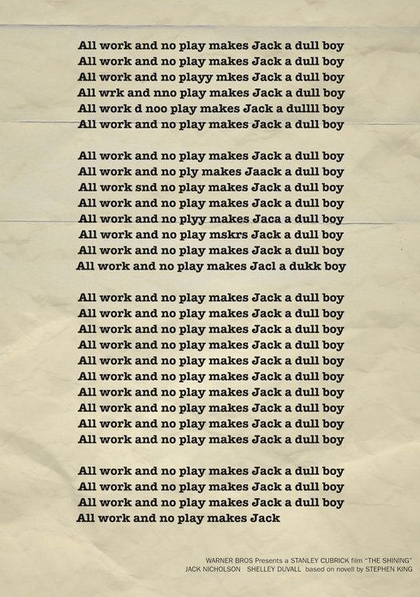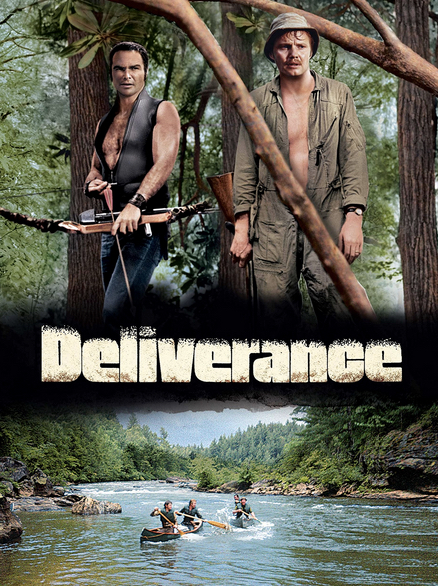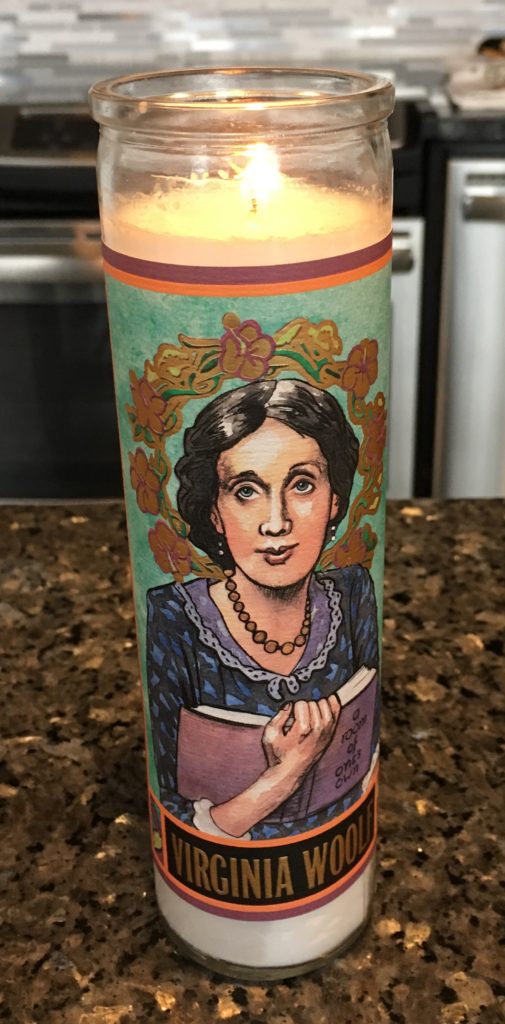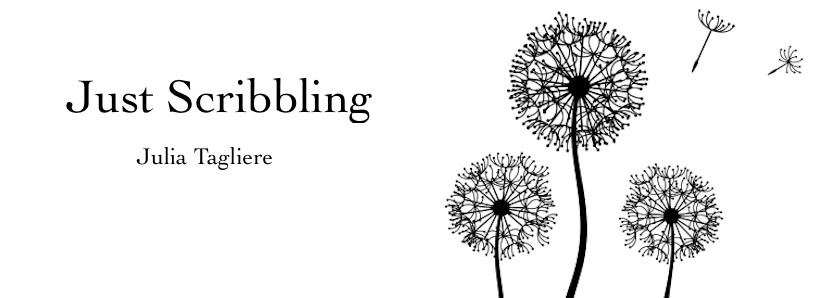Normally, I write reviews of books, but because I recently completed my first residency ever, Melissa Scholes Young’s “Grow a Book,” I’m taking a break from book reviews to share that experience with you instead.

I’d been thinking about doing a residency for a while, but I couldn’t find one that seemed like a good fit. I craved dedicated solitude, but I also worried that too much solitude might result in a personal re-enactment of The Shining—or worse, a total lack of productivity. I wanted access to the expertise and feedback of a talented instructor, but worried about a residency scheduled to the nines.

I adore nature, but many of the more “rustic” residencies seemed a little too primitive: no hunter-gatherer is this writer; I like my modern conveniences. I wanted to get away from the round-the-clock mental and emotional labor of being a wife and mother and do nothing but be a writer for a few days, but I also didn’t want to have to deal with someone who didn’t understand how difficult a task that would be for me.
I knew I needed at least a few days, but taking a week or two, or even a month, was completely out of the question for me, as was the possibility of traveling to foreign locales. (Someday…)
Enter the Grow a Book residency. The brainchild of author (Flood) and American University’s Associate Professor of College Writing and Creative Writing Melissa Scholes Young, this compact (3 days, 2 nights) highly-customizable residency was exactly the experience I’d been seeking.
My initial phone consultation with Melissa was warm, inspiring, and thoughtful—it really helped me lay out my goals for the residency. Her manuscript evaluation, which was completed between the phone consultation and the residency itself, was incredibly thorough, detailed, and insightful; her edits, questions, and comments were concise and clear and set a concrete path forward.

Melissa’s studio itself is situated in a prime location in downtown Rockville, Maryland, features an expansive, beautiful view and all-modern conveniences, and sits within a two-minute walk of every possible convenience one could crave: Starbucks, Panera, a cute little wine shop, restaurants, and more.
But even with its proximity to downtown, it’s as quiet and still as a library inside, and very conducive to a state of unbroken concentration. The studio does not have WiFi, which I thought would grate on me, but that removed online temptations, and when I did need WiFi, the gorgeous club at the top of the building offered another quiet space.
I would work in total silence and solitude for a few hours, then take a break to grab a bite to eat, or head up to the club to log in to my email, etc. I usually ordered my meals To-Go and brought them back to the studio, which provided just enough human contact to keep me sane. The studio was, for me, the perfect blend of solitary retreat and friendly, semi-urban pad.
Once Melissa left for the weekend, she left, unless I specifically contacted her. When I did send her questions, requests for feedback, uncertainties regarding a particular passage in my manuscript, etc., her replies were uniformly quick, thoughtful, thorough, respectful, and encouraging.

One of the other things I really loved about this residency was Melissa’s painstaking attention to detail. She has stocked her studio with every imaginable bit of writer-centric comfort, care, and, dare I say it, pampering: a little bag of welcome goodies; a Virginia Woolf prayer candle; current issues of The Writer’s Chronicle and Poets & Writers waiting on a perfect little writing desk; a phone-charger and a bathroom drawer full of toiletries, in case I forgot mine; take-out menus from local restaurants and a fully-stocked coffee corner in the kitchen; a ridiculously comfy chair and ottoman with a cozy throw and a space heater in the closet, just in case (I happened to be there one cold, rainy day, and that sure helped). Every time I found myself briefly distracted by “Gee, I wish I had remembered to bring ___,” I’d peek around the studio and find the needed object already waiting.
These may seem like insignificant details to some, but for me, the net effect of all this care and attention was that I felt, as a writer, for the first time in my life, completely understood, seen, and cherished in my work, and that feeling created some of the most productive days of my writing life. I didn’t have to worry about a thing but my work—and I didn’t.
Over my three days and two nights, I worked through all 281 pages of my second manuscript revision, crafted a working synopsis, drafted an elevator pitch, and left on my final day with a detailed plan for the next steps in my revision process. At every step of the way, Melissa gave me specific, clear insights and feedback on my work, whenever I asked for it; when I didn’t ask, she discreetly vanished, giving me the physical space and emotional support to do the difficult and important creative work I was there to do.
If, like me, you’re looking for a shorter, highly individualized, and incredibly supportive residency that focuses entirely on what works for you, then get thee to http://www.melissascholesyoung.com/grow-a-book.html lickety-split, because I know I’ll be booking another session again soon.
